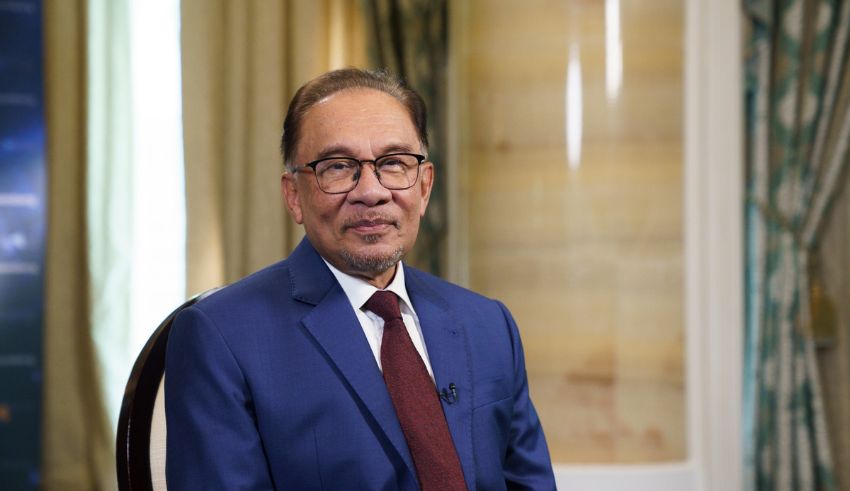
Malaysia is charting a new fiscal course under the leadership of Prime Minister Anwar Ibrahim, who recently unveiled an ambitious plan to address the country’s fiscal deficit and boost state revenue. In this comprehensive analysis, we delve into the key aspects of Malaysia’s evolving tax landscape.
Anwar Ibrahim’s fiscal strategy revolves around broadening the tax base, diversifying tax sources, and harnessing technology for improved taxation. These measures are seen as essential components of Malaysia’s path to financial stability.
Introducing the Capital Gains Tax
Among the most notable developments is the introduction of a Capital Gains Tax, set to be implemented in 2024. While specific details remain undisclosed, this tax could potentially reshape investment dynamics in the country.
The Malaysian government is resolutely committed to narrowing the budget deficit to 3.5% of gross domestic product (GDP) by 2025. This commitment is underpinned by an optimistic economic growth projection of at least 5% over the five-year period outlined in the 12th Malaysia Plan, initially presented in 2021.
The COVID-19 pandemic-induced spending spree had a significant impact on Malaysia’s fiscal landscape, resulting in a deficit spike to 6.4% of GDP in 2021. This financial strain prompted the government to raise the debt ceiling from 60% to 65% of GDP.
Keep Reading
Malaysia’s Goal: Become a High-Income Nation
Economy Minister Rafizi Ramli emphasized the government’s commitment to exploring diverse income sources, including both direct and indirect taxes. This approach reflects a multifaceted strategy to achieve fiscal objectives.
Anwar Ibrahim, in his address to lawmakers, underscored the government’s responsibility to strengthen fiscal sustainability. He acknowledged the need for intensified efforts in debt and liability management to attain the fiscal deficit target by 2025.
In a bid to reassure investors amid recent political developments, including the release of a key ally from graft charges, Prime Minister Anwar emphasized Malaysia’s commitment to financial prudence. He reiterated the government’s determination to achieve its goal of becoming a high-income nation by 2025.
What’s Next for Malaysia?
The potential for increased taxes represents a pivotal component of Malaysia’s evolving fiscal policies. These policies are being shaped against the backdrop of dynamic political shifts and economic uncertainties.
As Malaysia embarks on this fiscal journey, the nation’s ability to navigate economic challenges and maintain political stability will be closely observed. The fiscal strategies unveiled by Prime Minister Anwar Ibrahim hold the potential to reshape Malaysia’s economic landscape in the years to come.



























